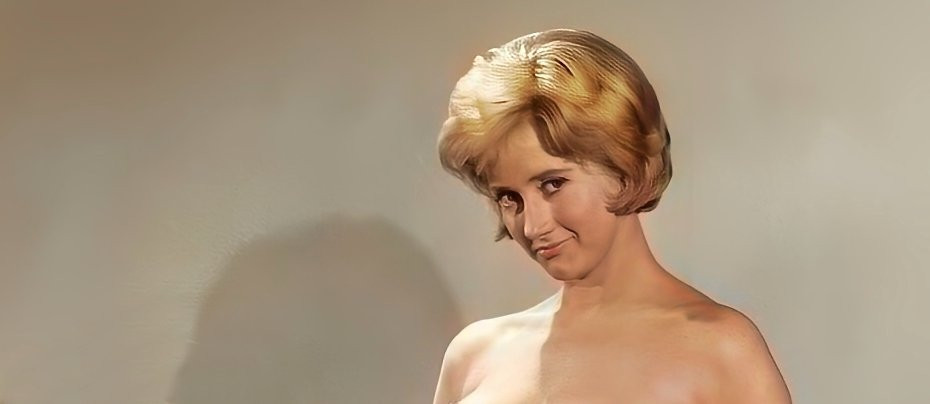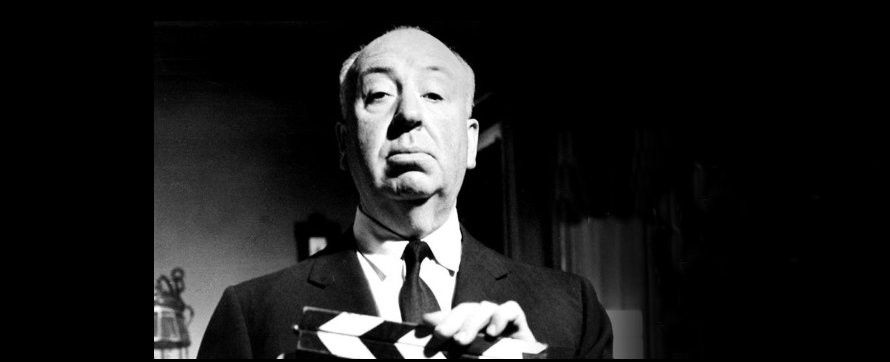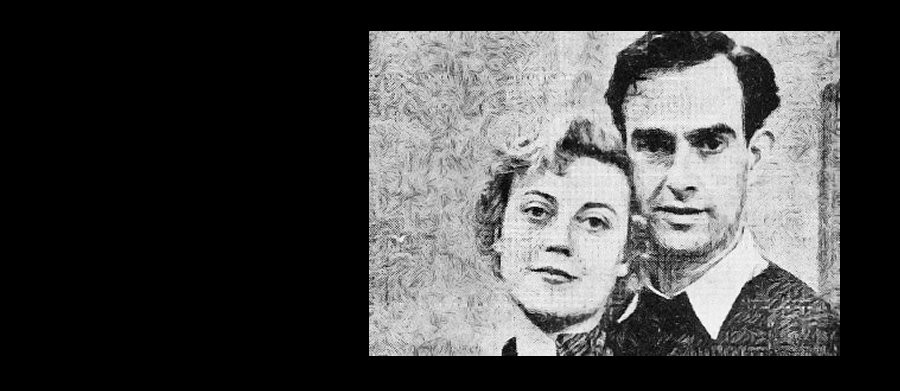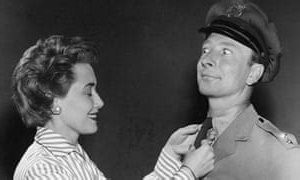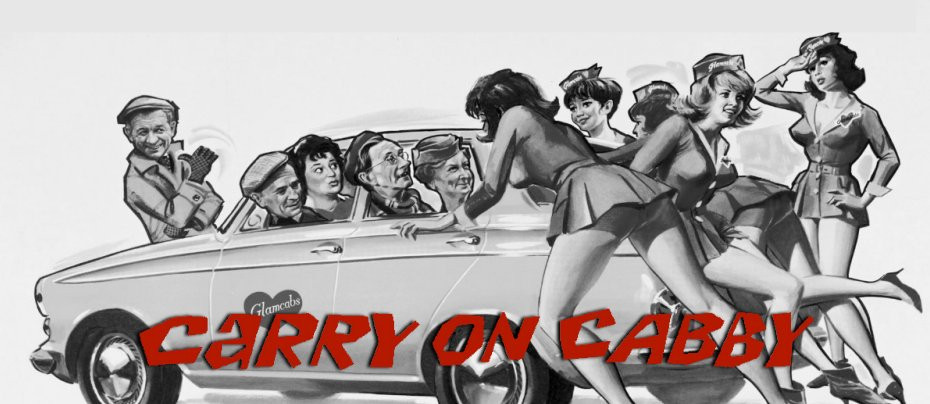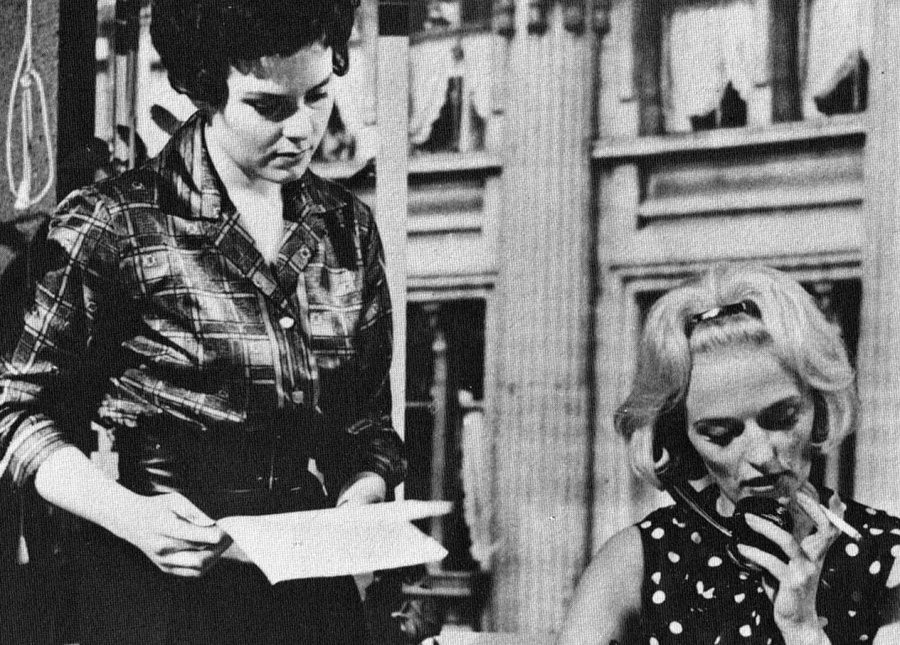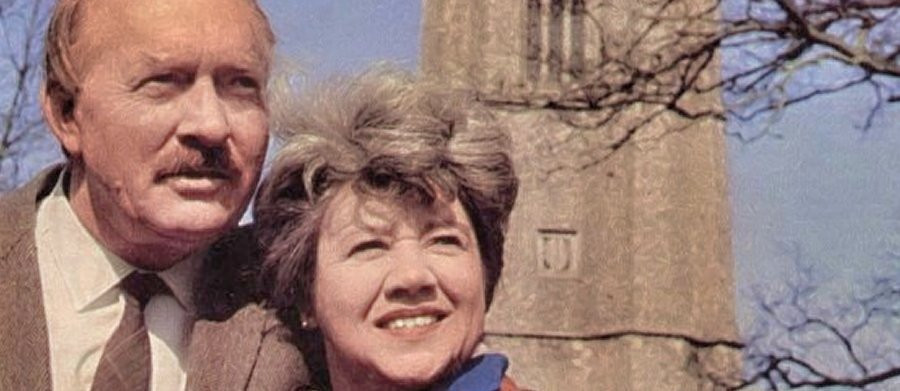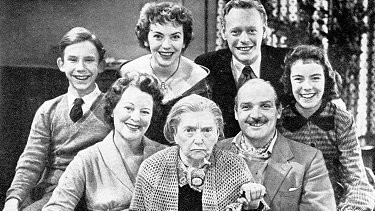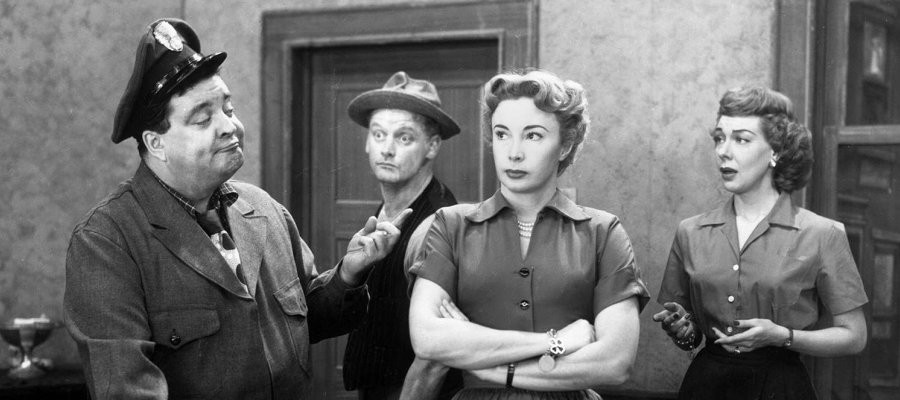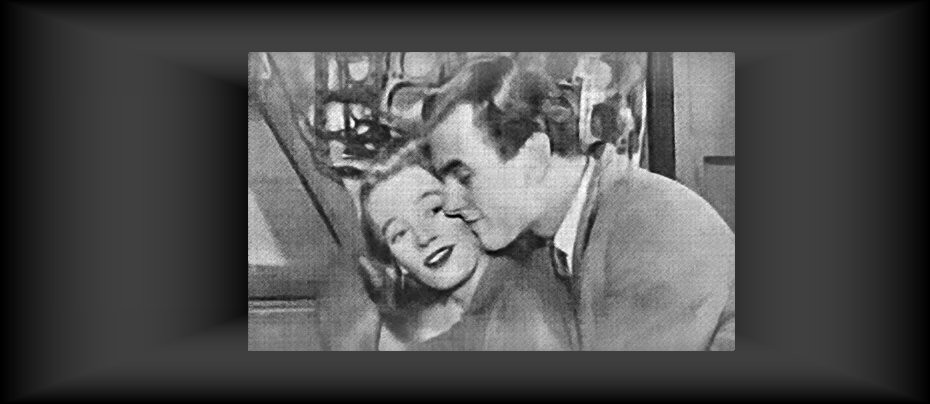
Sixpenny Corner
1955 - United KingdomThis was the first ever serial shown on Independent Television in the UK, and Britain's first daily TV Soap.
Sixpenny Corner started on ITV's second day of broadcast. It was about the lives of two ordinary young newlyweds, Bill and Sally Norton (Howard Pays and Patricia Dainton) - he trying to make a success of a small dilapidated garage business while she ran the home. All this took place at Sixpenny Corner in the fictional rural town on Springwood, 30 miles from London with Springwood New Town being built nearby. The first episode opened with Sally and Bill's wedding reception when his family and hers met.
Their friends and relations helped-and hindered-them from time to time. Notable characters in the series included Sally's parents, Mr & Mrs Sharpe (played by Walter Horsbrugh and Betty Bowden), her sister, Yvonne (Shirley Mitchell), and Bill's brothers, Stan and Tom (Robert Desmond and Bernard Fox). Each episode broadcast at 10.45 am ran for 15 minutes. The series ran for nine months, until 1956.
The cast were apparently chosen by producer John Lemont and director Robert Hartford Davis from 350 possibles, many of whom answered a casting call in The Stage. 73 were actually auditioned, 50 shortlisted, 30 'tele-auditioned' (screentested) and 12 cast. The artists had to be totally free of other contracts and comparatively unknown.
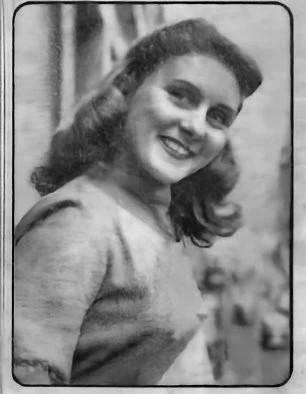
The series creators were Jonquil Antony and Hazel Adair - Adair went on to co-create (with Peter Ling) both Compact for the BBC and Crossroads for ITV. Howard Pays gave up acting in 1968 to become a talent agent, a career that proved to be hugely successful for him. Patricia Dainton, who was born in Hamilton, Scotland, gave up acting in 1963.
Two of the actors in the series found television fame waiting for them in the USA. Shirley Mitchell (who was born in Toledo, Ohio) starred as Kitty Deveraux in Bachelor Father (1958-59) before playing running roles in The Beverly Hillbillies and Petticoat Junction. In 2006 she was heard in a video game of Desperate Housewives! Bernard Fox portrayed the warlock physician Dr. Bombay on Bewitched and the inept British Colonel Crittenden on Hogan's Heroes. He also appeared in The Man from U.N.C.L.E., Columbo and Murder, She Wrote.
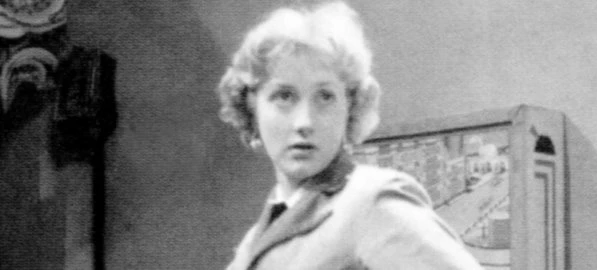
One other actor, billed as Elizabeth Fraser, became a star of British film and television as Liz Fraser. Very little was known about her role in the series until she wrote about it in her autobiography, Liz Fraser...and other characters. Although IMDb only credits her with two appearances, Liz wrote that she got six months work out of it! She played Julie Perkins who went out with brother Stan. Furthermore, she also wrote a song for the series to accompany a storyline where Stan tries his hand at being a stage magician and Julie joins him as his glamourous assistant. The song, You Must Be Using Magic On Me was published by Francis, Day & Hunter although Liz says she earned less than £8 in royalties in 18 months. She also kept one review from the Daily Mail from January 1956:
Elizabeth Fraser, as Julie Perkins - and don't ask me who she is because I can't remember - was the only player whose ear was accurately tuned to the idiom of Cockney speech. The rest reproduced the stage music-hall dialect or just didn't bother.
Odd that Cockney accents were required when the series was billed as taking place in a 'rural' town.
The first six episodes of the serial were filmed in advance but after that it went out live every day and was transmitted from a small studio in High Street Kensington, West London.
Reviewed by critic Andrew Gray in The Stage, in October 1955, an early storyline reveals that Bill's younger brother is in trouble after knocking out a foreign cafe owner whilst serving in the Forces abroad. He has fled, whisking his daughter back to England and taking refuge in Bill's house.
'For all this complication,' the review continues, 'this serial is pretty milk-and-watery and is not likely to keep housewives away from their morning chores. As one housewife said to this critic: "It's too ordinary and doesn't hold me. I'd rather have Mrs. Dale, when I can listen and get on with the house [work] at the same time." So Sixpenny Corner, ironically part-written by Mrs. Dale's script writer (Antony), will have to pull up its socks. The acting is good, however, with Patiricia Dainton and Howard Pays a likeable couple, and a character called Uncle Fred well taken by Stuart Saunders.
'There is a nucleus of 12 regulars in the cast, and as the story unfolds many actors will be taken on for a day or so. The direction is slick and the pace brisk, but the story needs more pep.'
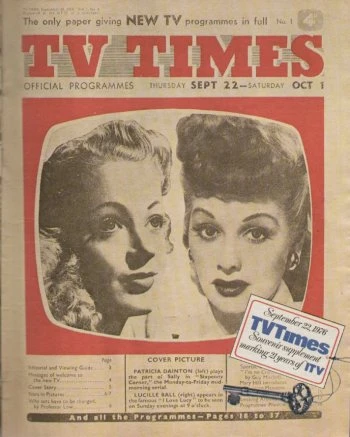
In 1980, Patricia Dainton, who had featured on the front cover of the first issue of TV Times in 1955, was interviewed for the same magazine as part of the 25th anniversary celebrations of ITV. In the article she spoke about the filming of Sixpenny Corner: “We got there at 7am and put on our make-up. At about 8.30 we would meet the crew, which was a different one every day. We would do one straight run-through of the episode, check our make-up and then do the episode.
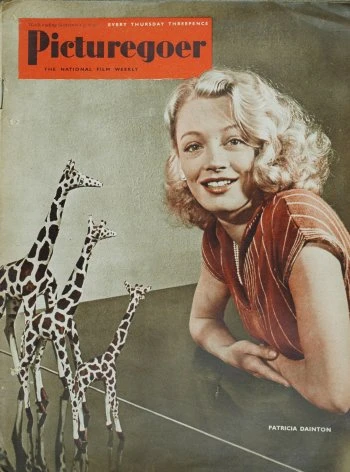
“After an early lunch we would go back and rehearse the next day’s episode – without a crew. We never had full technical rehearsals. It was really hard work.”
It got harder when, after 50 episodes, production was moved to studios at Wembley. “We were sometimes there from 7 one morning until 2 or 3 the next morning. We also had Sunday rehearsals.”
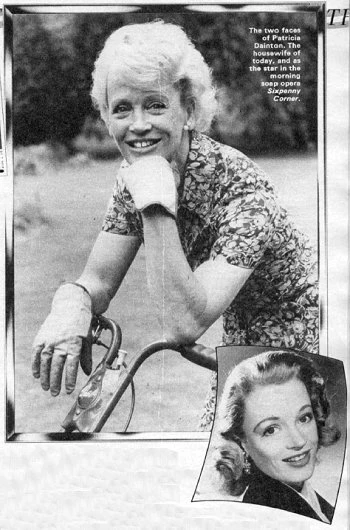
Dainton also explained why she gave up acting in the early 1960s. “I was expecting a baby and it was a Thalidomide child, which I lost. But after that, when I found myself pregnant again, I decided to stop working and concentrate on my family. Although not acting any more Dainton turned to art direction and worked on a number of films. 55 years after her last film role, she appeared in the public eye again, both attending the Renown Film Festival and providing introductions to her films in "An Afternoon with Patricia Dainton" on her 86th Birthday for TalkingPictures TV.
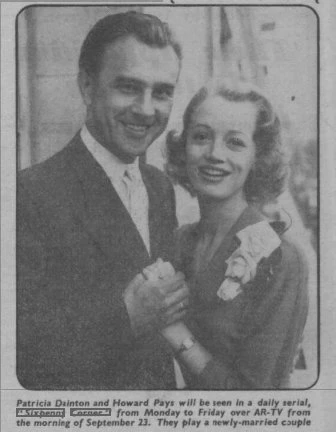
Sixpenny Corner may be lost, but its legacy lives on. It paved the way for the soap opera genre, which would become a staple of British television. And who knows? Maybe one day, a dusty film reel will resurface, and we’ll get a glimpse of those bygone days when sixpence could buy you more than just sweets—it could buy a ticket to a whole world of drama and community.
Seen this show? How do you rate it?
Seen this show? How do you rate it?
Published on September 24th, 2024. Written by Laurence Marcus for Television Heaven.


